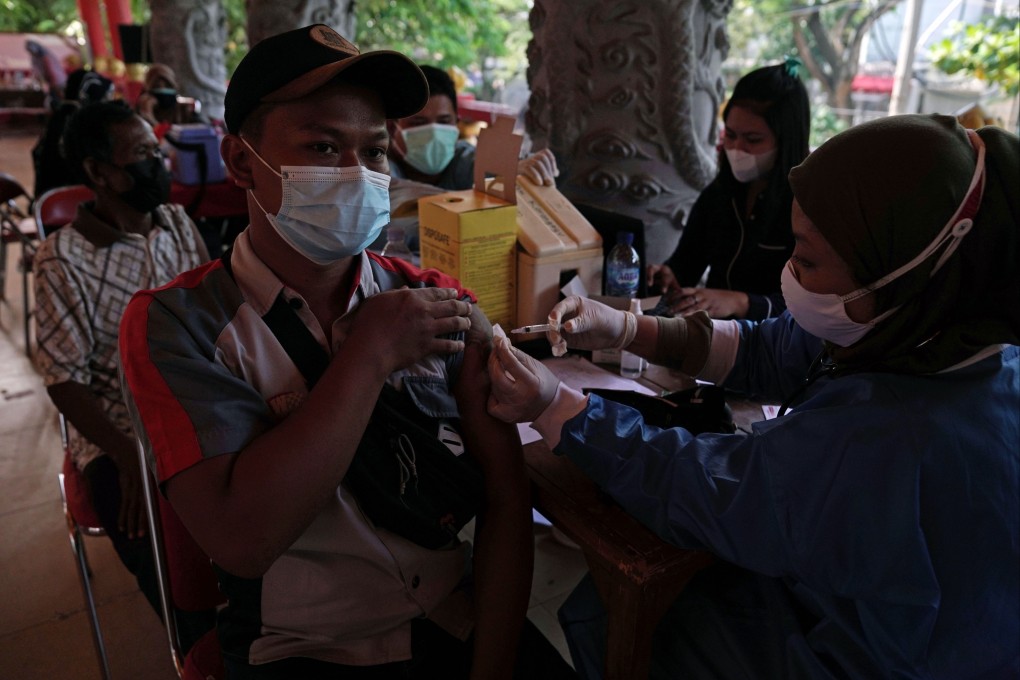Covid-19 vaccines: is fractional dosing a solution for supply-short Southeast Asia?
- Fractional dosing involves administering smaller amounts of vaccines to stretch supplies, which could have a profound effect in Indonesia, Thailand and Vietnam
- However, experts are divided on whether fractional dosing should be implemented, despite its successful application combating yellow fever outbreaks in Africa

The crisis has drawn attention to a contentious remedy employed during previous infectious disease outbreaks. Fractional dosing involves administering smaller amounts of vaccines to stretch dwindling supplies. Advocates say the approach, which divides experts, warrants serious consideration as a way to rapidly expand inoculation and save lives as the coronavirus tears through unvaccinated populations.
In an article published in Nature Medicine earlier this month, researchers at the University of Hong Kong and University of Chicago said reduced doses had “not been given sufficient attention and consideration” as a potential solution to vaccine shortages.
The article cited evidence that reduced doses could promote a robust immune response, including a non-randomised trial of the Pfizer-BioNTech vaccine that found doses as low as one-third produced a “comparable” response to the standard dosage.
In a larger British study that inadvertently produced evidence about the effectiveness of reduced dosing, researchers reported efficacy ranging from 67 per cent to 97 per cent after administering a half-dose of the AstraZeneca vaccine followed by a full dose 12 weeks later.